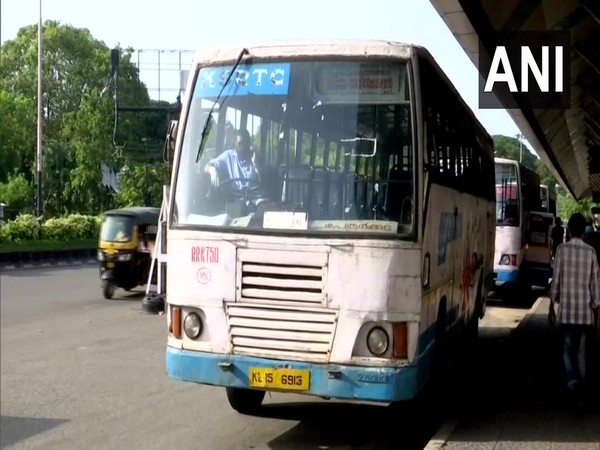Unlocking India's USD 4.5 Billion Climate Resilience Opportunity
India could seize a USD 4.5 billion opportunity by 2030 to bolster its transport infrastructure against climate impacts. A BCG and CDRI report urges adopting resilience measures to protect regional assets and boost economic growth. Currently, South Asia's transport sector faces significant climate risks, demanding urgent action.

- Country:
- India
A comprehensive report by the Boston Consulting Group (BCG) and the Coalition for Disaster Resilient Infrastructure (CDRI) has revealed a USD 4.5 billion opportunity for India to enhance its transport infrastructure resilience against climate risks by 2030. As South Asia grapples with climate-related disasters, the report emphasizes the importance of implementing resilience measures to protect critical assets and foster sustainable economic growth.
The report highlights South Asia's significant vulnerability to climate risks, with infrastructure assets worth over USD 2 trillion exposed to disasters such as floods, cyclones, and heatwaves. Notably, the transport sector accounts for 30% of this exposure. In India, USD 400 billion in transport assets are at risk. This underscores the urgent need for immediate resilience strategies to safeguard vital infrastructure and ensure long-term sustainable growth.
Given the transport infrastructure's critical role in South Asia's economy, its vulnerability is alarming. Globally, it represents over 50% of exposed infrastructure assets, valued at USD 90 trillion in 2022. Climate-related disruptions could severely impact agriculture, manufacturing, and supply chains, threatening 4-8% of the region's GDP. Disasters in 2023 alone resulted in USD 202 billion in global damages, highlighting the increasing cost of inaction.
Amit Prothi, Director General of CDRI, remarked, "The climate challenges facing South Asia are immense, but so are the opportunities." He advocated for a resilience-focused reevaluation of transport infrastructure to unlock substantial economic, environmental, and societal benefits for the region. India is proactive in addressing climate risks and aims to submit its inaugural national adaptation strategy next year.
Preventing over USD 1 billion in annual damages through resilience measures in the South Asian transport sector is achievable, as per the report. "With USD 400 billion worth of transport assets in India at severe risk from disasters and climate change, rapid resilience measure deployment is essential; innovation plays a crucial role," stated Vineet Vijayavargia, BCG's Managing Director and Partner.
Engaging corporate stakeholders through incentives is crucial for driving resilience investments. Despite progress, current resilience financing stands at only 20-30% of the annual USD 215-USD 387 billion required by 2030 in developing countries. Anirban Mukherjee, BCG's Managing Director and Partner, stated, "India, with 80% of South Asia's asset exposure to geoclimatic hazards, has a pivotal opportunity to prevent significant infrastructure losses by adopting an integrated resilience strategy for both current and future projects."
(With inputs from agencies.)










